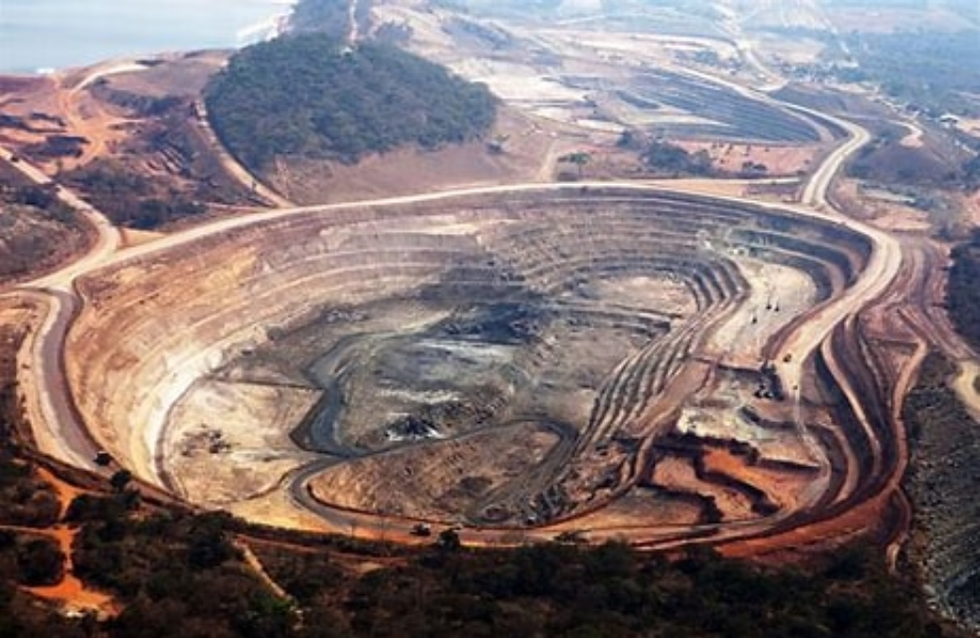
In December 2019, attorneys from International Rights Advocates sued many large companies (including Apple and Google) for their involvement in the injuries and deaths of child miners in Congo. Now, the horrors of labour there have come to the forefront of social media, and many people are choosing to take a stand, but not in the way that you might think.
Congo is the largest exporter of the mineral cobalt, which is essential for the creation of lithium-ion batteries. These batteries have taken over our world that is reliant on electricity, with them now featuring in electric cars, mobile phones and even vapes. But this electricity revolution has had very real consequences for people in Congo.
In a report from Amnesty International, it has been revealed that mines have been forcibly evicting millions of people from their homes in an attempt to gain access to cobalt buried beneath these houses. Whilst these people were supposed to receive adequate compensation for this, many have claimed that they received too little to buy another house and instead have been forced to move into subpar housing, with some having to move into mud huts.
In addition to this, the horrific conditions the workers on these mines have been forced into were also exposed in this article, with the co-authors of the report claiming that “the people of the DRC experienced significant exploitation and abuse” as a result of the growing number of cobalt mines within the country. They also reported on several human rights violations, with them claiming that the mining companies displayed “a blatant disregard for the UN Guiding Principles on Business and Human Rights”.
Various government bodies have acted on these reports, with the US department of labour adding lithium-ion batteries to the list of goods produced by child or forced labour in 2022 and the UN calling it one of the “largest humanitarian crises in the world” and stating 6.9 million people have been forced to flee from their homes in Congo.
The Congo crisis came to the forefront of social media’s consciousness in early November 2023 when a man posted a video lighting himself on fire whilst holding a sign that read ‘End the Genocide in Congo’. Following this, conversations around the situation in Congo engulfed the internet and many people began asking how they could help.
When the situation reached TikTok, dozens of videos began popping up, with all the creators pledging to do same thing: quit vaping in order to help Congo. In one video which amassed over one million views, the creator @queeratine said “Quitting vaping in solidarity with Congo, children across the globe and the Earth itself is actually a phenomenal practice”.
Many are now wondering what this could lead to. Large scale boycotts of products, especially addictive ones, have never been particularly effective, but with the rise of social media and our generations desperation to do good, these could become far more effective and change activism forever.

